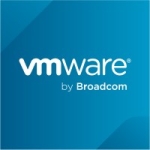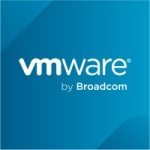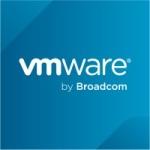With AWS services, we can focus on our products, and that makes our customers happier! Also we can provide higher SLAs for our customers.
I have been using almost every service on AWS for years. I'm trying to test every new service as soon as possible.
The main idea of using AWS is its ability to act so fast! We used to have servers on-prem data-centers. When you needed a new server/device/configuration, it could take hours/days/weeks based on the demand. Now I can have what I need in couple of minutes. That is amazing!
Of course there are other cloud providers, but AWS is far the best on both technology and stability. You can find cheaper providers, but you shouldn't risk your business just for saving some dollars.
AWS gives you chance to concentrate on your business and products which I believe is the most important thing, especially for start-ups.
Here are the services that I'm currently using on AWS:
EC2, ECS, Elastic Beanstalk, Lambda, S3, EFS, Glacier, RDS, DynamoDB, ElastiCache, Redshift, CloudWatch, CloudFormation,OpsWorks, VPC, CloudFront, Route53, IAM, Certificate Manager, ElasticSearch Service, WorkDocs, WorkMail, SQS, SES, SNS, and API Gateway.
These days, technology is changing every day and AWS is one of the leaders of this change. They are at least one step ahead of you, which is great. You can have new technology as soon as possible. I think in general there is no need for improvement. All I can suggest would be a cleaner designed console. I generally don't like the user experience of Amazon. It's not the best. You can see the same at AWS Console. I'd be happier If the design and the user experience would more simple. Sometimes I feel that there are lots of texts on the page which makes harder to find what you are looking for.
We have nearly 100% uptime using AWS resources which makes us provide higher SLA's for our customers.
Three to five years.
I have never faced any issues with the stability. This is one of the reasons why I chose AWS. They are more stable than any other cloud provider.
The best feature for most of the users is scalability. You don't need to reserve lots of servers just for peak times! AWS is doing this perfectly.
AWS has great support engineers. There are several types of support packages. Based on your package, they support you in their SLAs. Until now, they helped me well with every single ticket that I've issued.
I've never switched to any other cloud provider, but I've tested nearly all of them. Testing all providers gives you a great chance to compare services. To be honest, most of the time AWS was better.
Creating an account from AWS web-page is straightforward. Everyone can easily complete the registration process. Some people are thinking twice when they've asked for their credit card, but this is the nature of cloud systems. You'll pay as much as you use. It's one of the aspects of having everything easy and fast.
If you can plan capacity for one or three years, you can use the upfront payment option which allows you to save up to 50%.
I'm testing every major cloud provider regularly. Other than AWS, I've used Microsoft Azure, Google Cloud Platform, and Digital Ocean.
AWS has great how-to documents and videos. You can use these materials. We are here to help them whatever they need on their cloud migration/usage. They can find detailed information from http://calico-technologies.co.... or they can send an email to info@calico-technologies.co.uk or to me.


















czxcz